Your cart is currently empty!
Category: Organic Growing
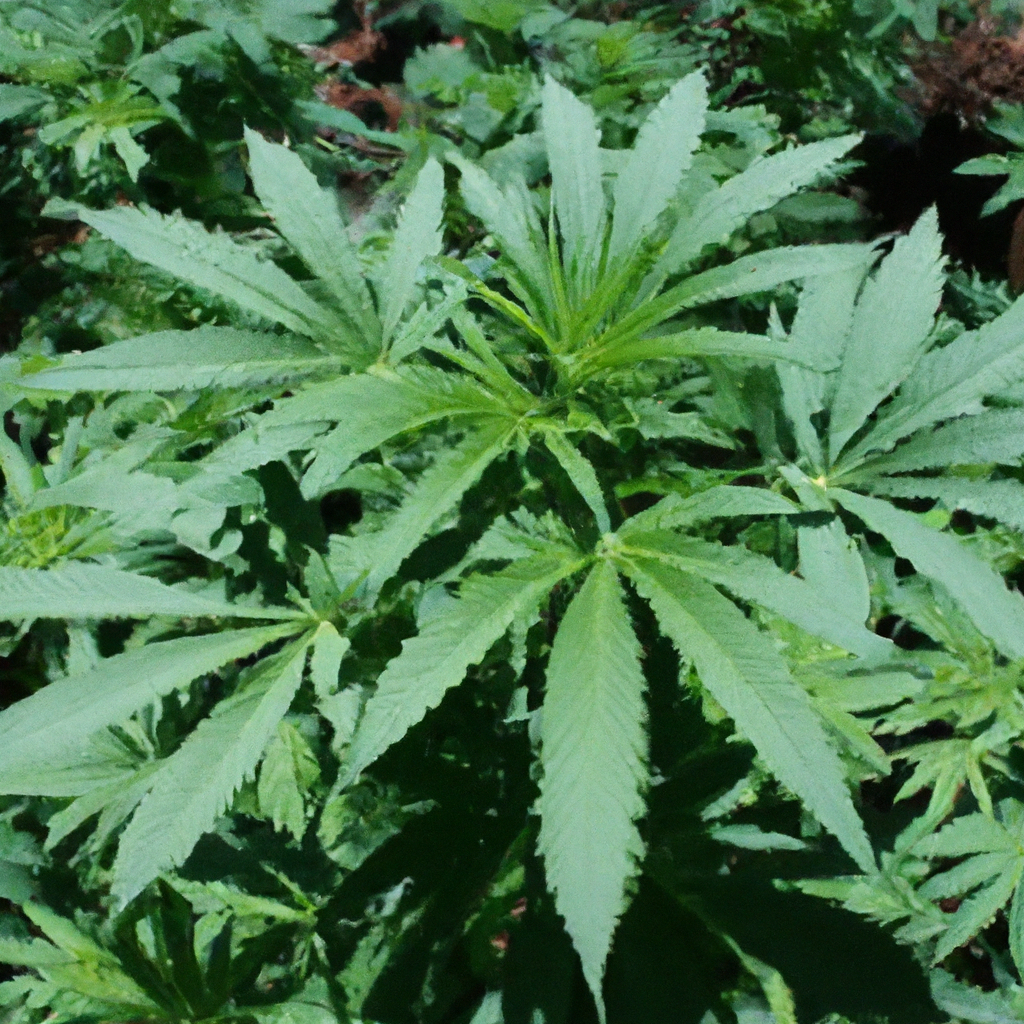
With a growing emphasis on sustainability, organic cannabis cultivation is gaining traction among eco-conscious growers. This approach eschews synthetic chemicals, focusing on building healthy soil ecosystems through composting, natural fertilizers, and companion planting. Sustainable pest control methods, such as using beneficial insects and neem oil, are emphasized to maintain biodiversity. The benefits are multifaceted, including…
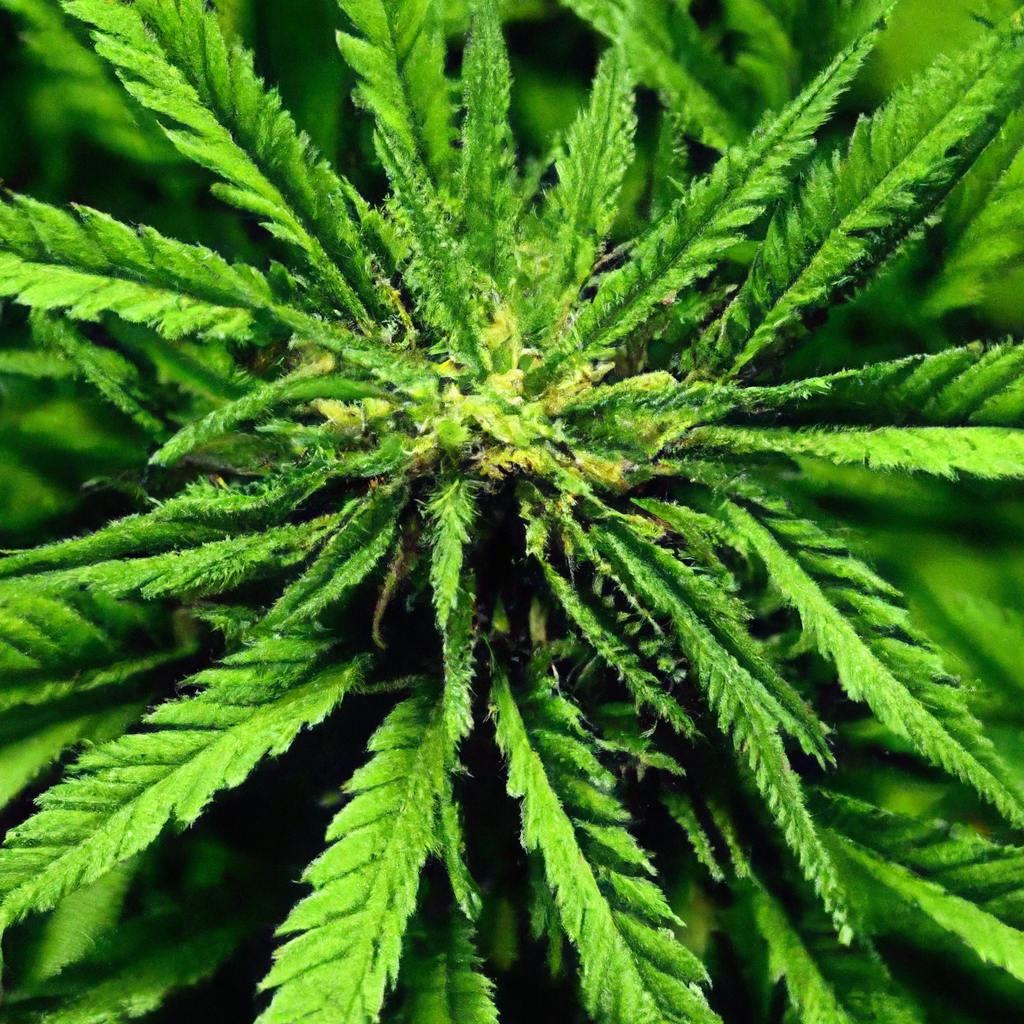
Organic cannabis cultivation is an effective way to produce cannabis that benefits both the environment and consumers by using natural fertilizers and eco-friendly pest control. This guide explores best practices for enhancing soil health and promoting sustainable growth, emphasizing the use of compost, cover crops, and organic mulch to maintain a healthy soil ecosystem. Growers…
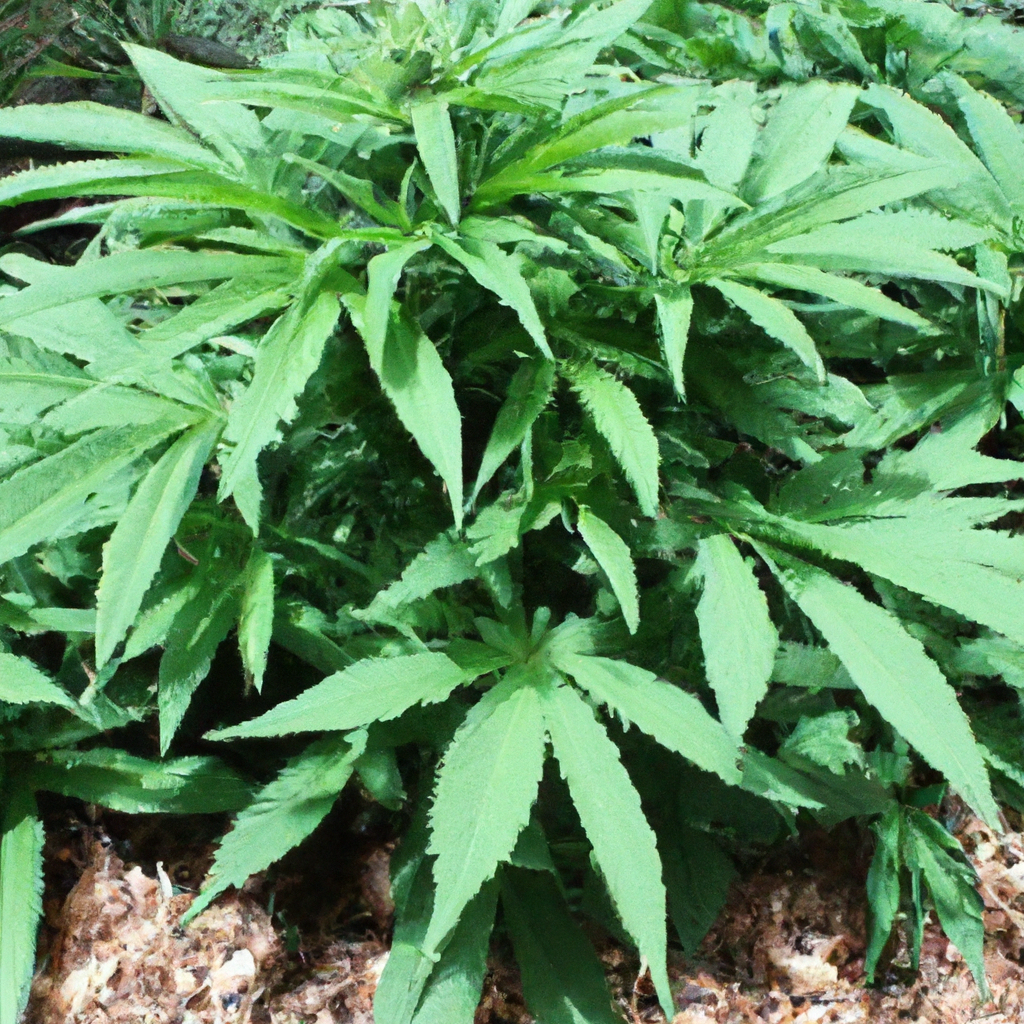
Embrace sustainable cannabis cultivation by focusing on organic methods that enhance plant and environmental health. This guide explores best practices such as creating nutrient-rich soils through composting, cover crops, and mulching. Natural fertilizers like bat guano and seaweed extract boost growth while maintaining eco-friendliness. Implement natural pest control using companion planting, beneficial insects, and neem…
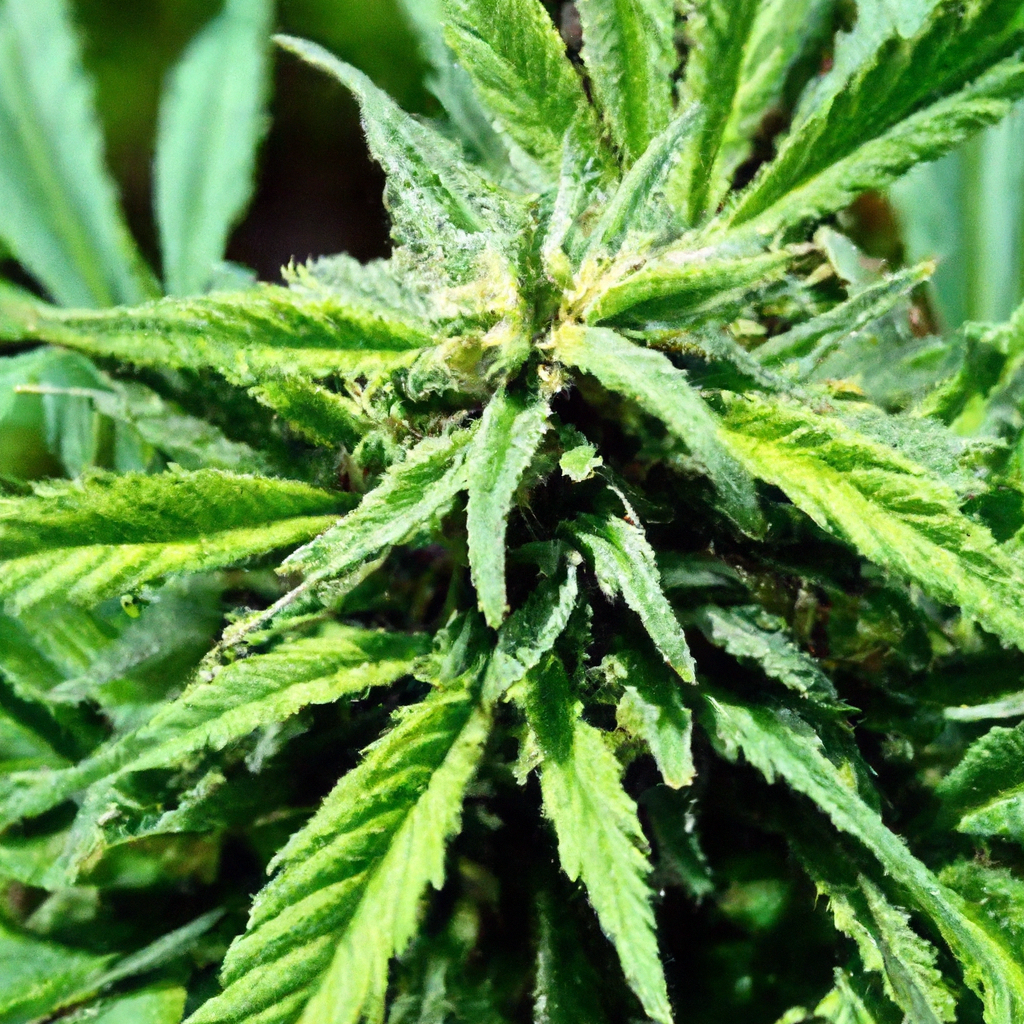
Organic cannabis cultivation is becoming popular among eco-conscious growers due to its environmental benefits and ability to enhance cannabis quality. This guide covers best practices, such as using natural fertilizers like compost and plant-based nutrients to enrich soil, implementing effective pest control methods through companion planting and beneficial insects, and maintaining a healthy soil ecosystem…
Explore the art of organic cannabis cultivation, where natural methods enhance plant health and sustainability. Discover the importance of building healthy soil ecosystems through composting, crop rotation, and beneficial microbes. Learn about natural fertilizers like bone meal, fish emulsion, and seaweed extract. Embrace biological pest control with companion planting, beneficial insects, and neem oil. Organic…
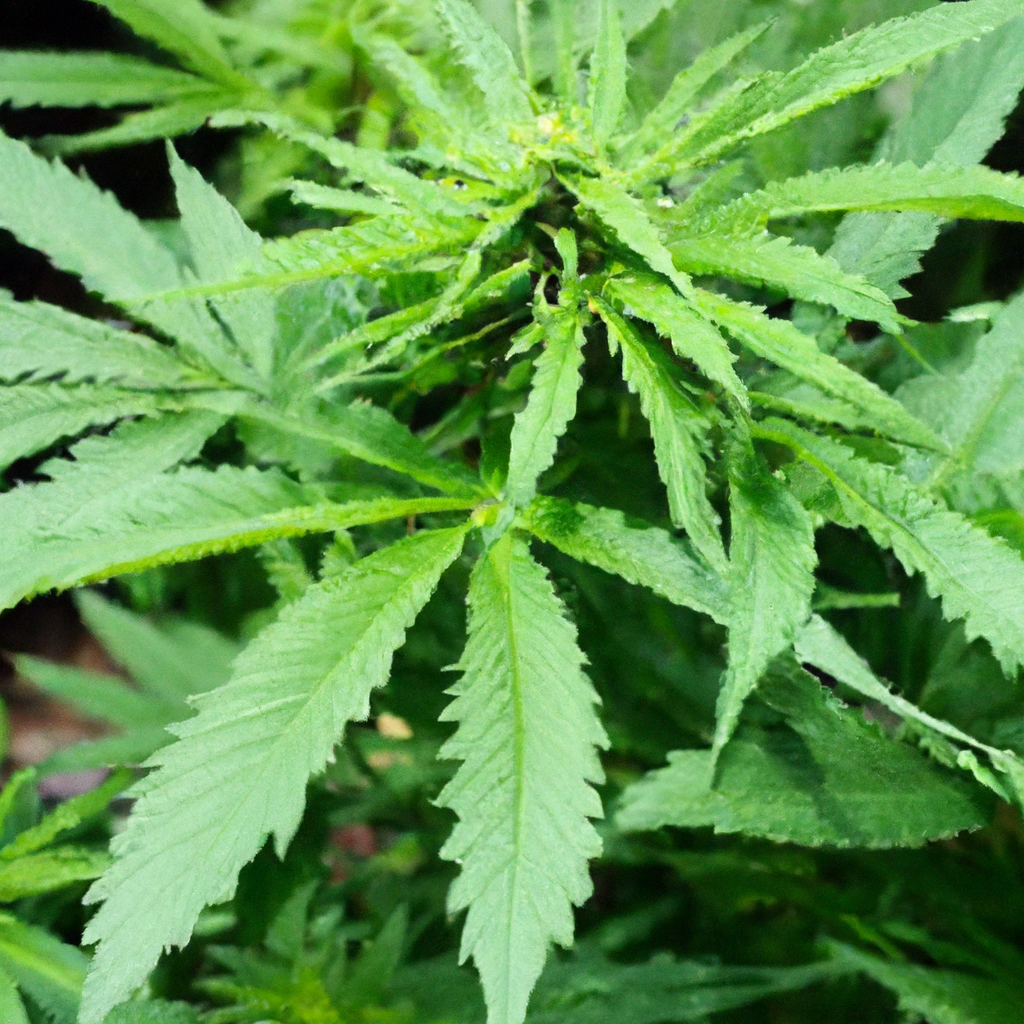
In the evolving world of cannabis cultivation, organic techniques are favored by environmentally-conscious growers and health-conscious consumers. This guide outlines key practices for cultivating cannabis organically, including building healthy soil ecosystems through composting and cover crops, using natural fertilizers like bone meal and fish emulsion, and implementing sustainable pest control methods with beneficial insects and…
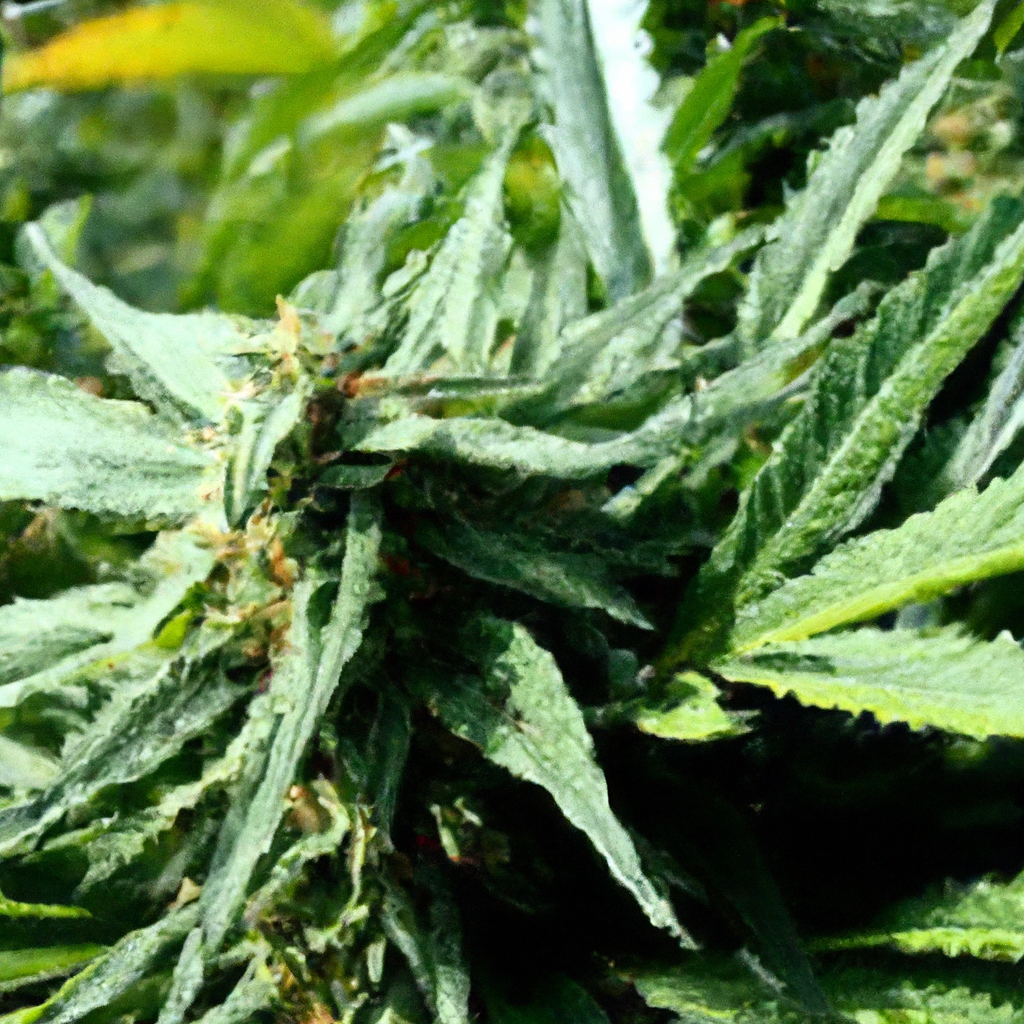
Delving into organic cannabis cultivation blends art and science, focusing on using nature’s resources to create premium-quality products. This guide explores best practices for using natural fertilizers, effective composting, and organic pest management. Key steps include building a rich soil ecosystem with natural amendments and pH management, embracing natural fertilizers such as fish emulsion and…
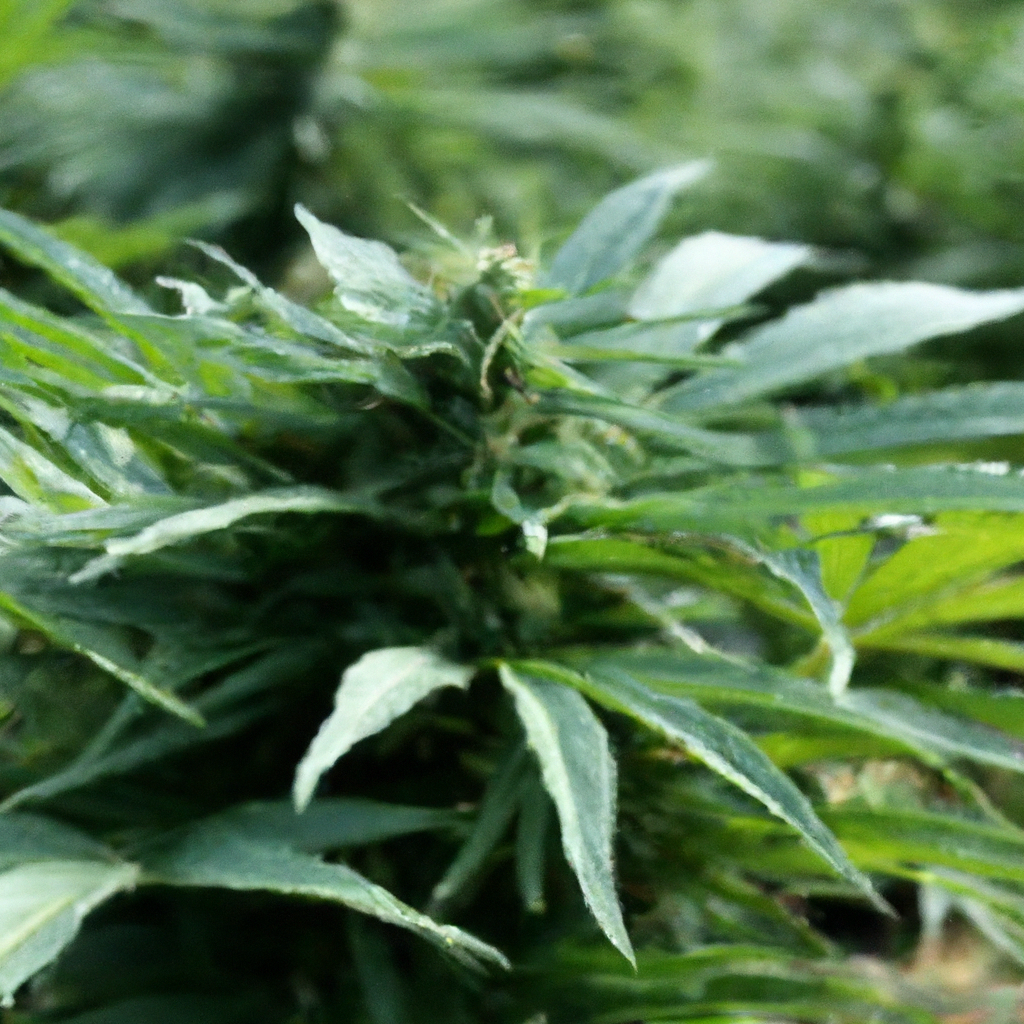
As industries increasingly adopt sustainable practices, the organic cultivation of cannabis emerges as a beneficial trend for the environment and consumers. Key practices include nurturing healthy soil with composting, cover crops, and mulching; using natural fertilizers like fish emulsion and bone meal; and employing organic pest control methods such as beneficial insects and neem oil.…
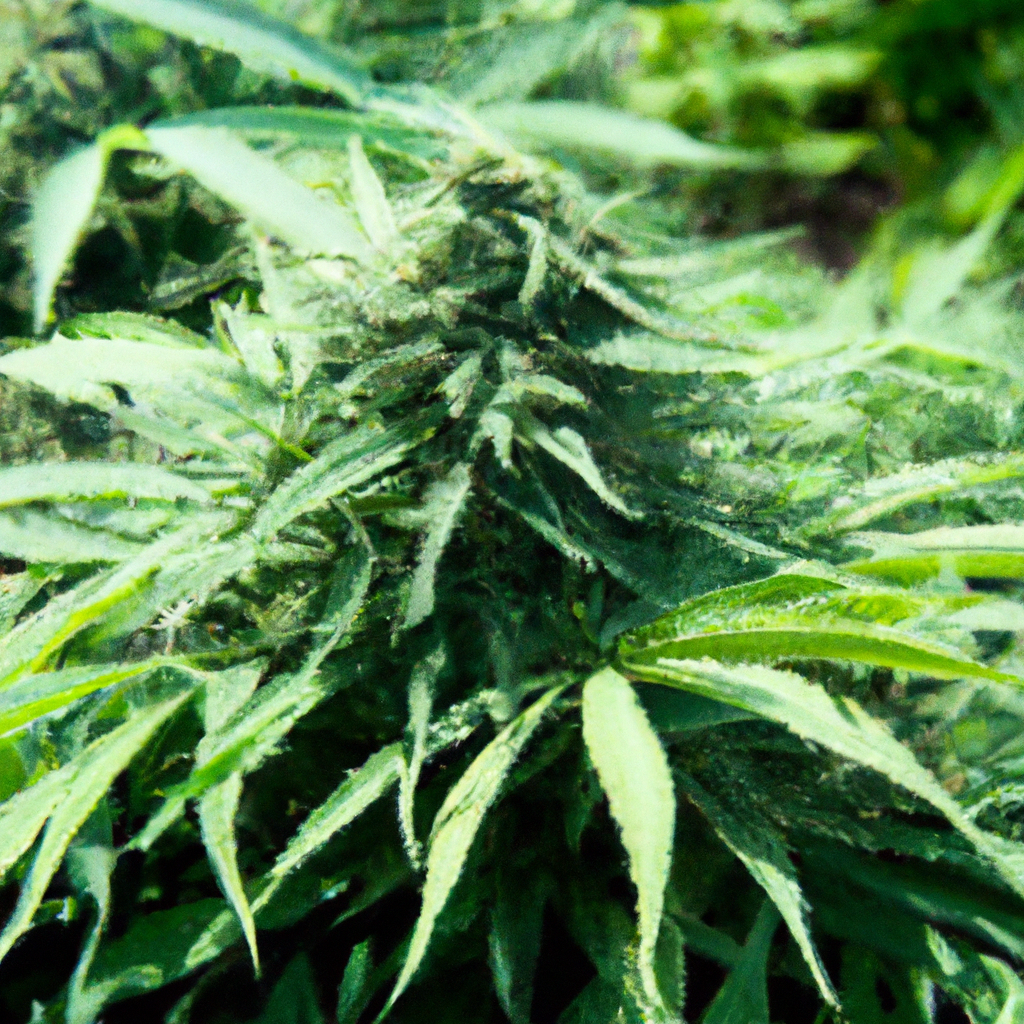
The cannabis industry is increasingly embracing organic cultivation due to its environmental and health benefits. Organic growing focuses on building a robust soil ecosystem with compost, mulch, natural amendments, and cover crops. It utilizes natural fertilizers like compost tea and fish emulsion, and employs natural pest control methods, including beneficial insects and companion planting. This…
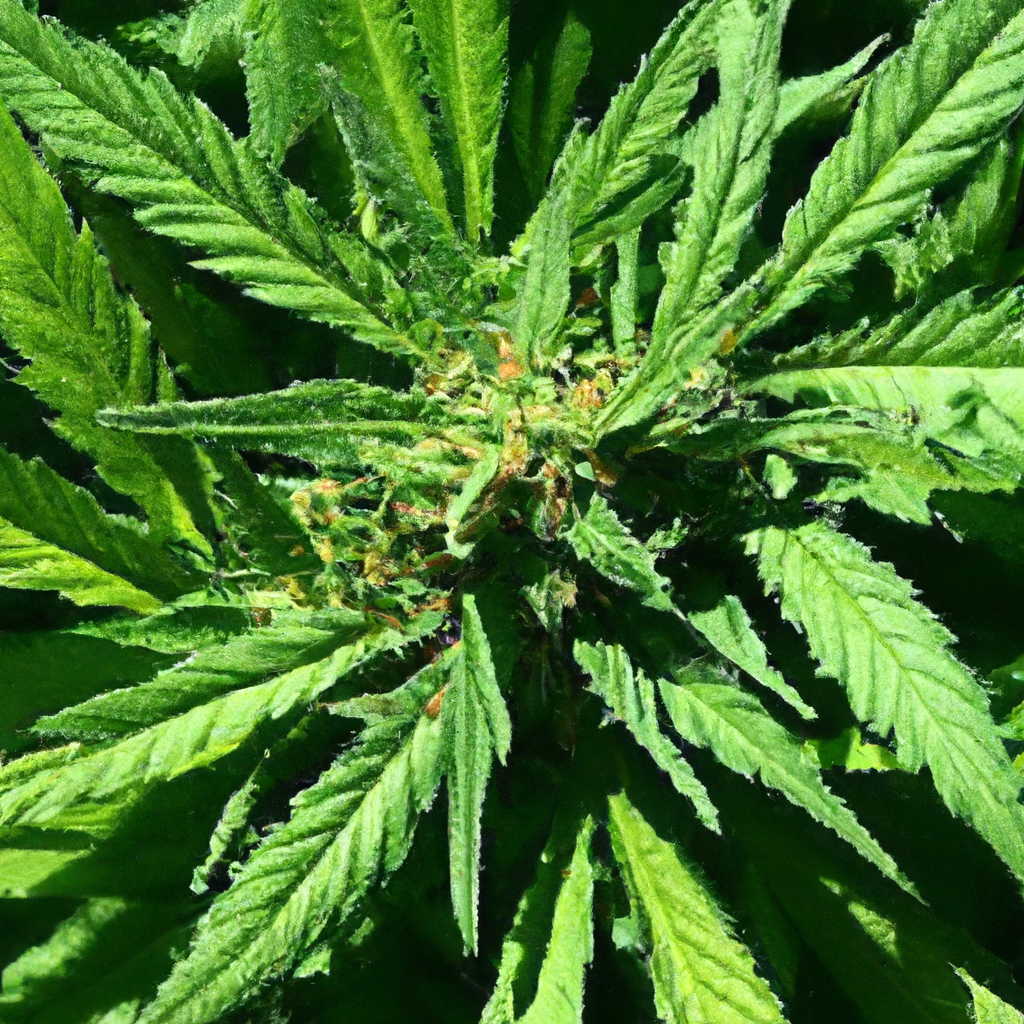
In a world focused on sustainability, organic cannabis cultivation serves as an eco-friendly method to produce high-quality, chemical-free cannabis. This practice centers on using natural fertilizers like compost, worm castings, and fish emulsion to enhance soil health. Eco-friendly pest control is achieved through companion planting, neem oil, and beneficial insects. Building a healthy soil ecosystem…
